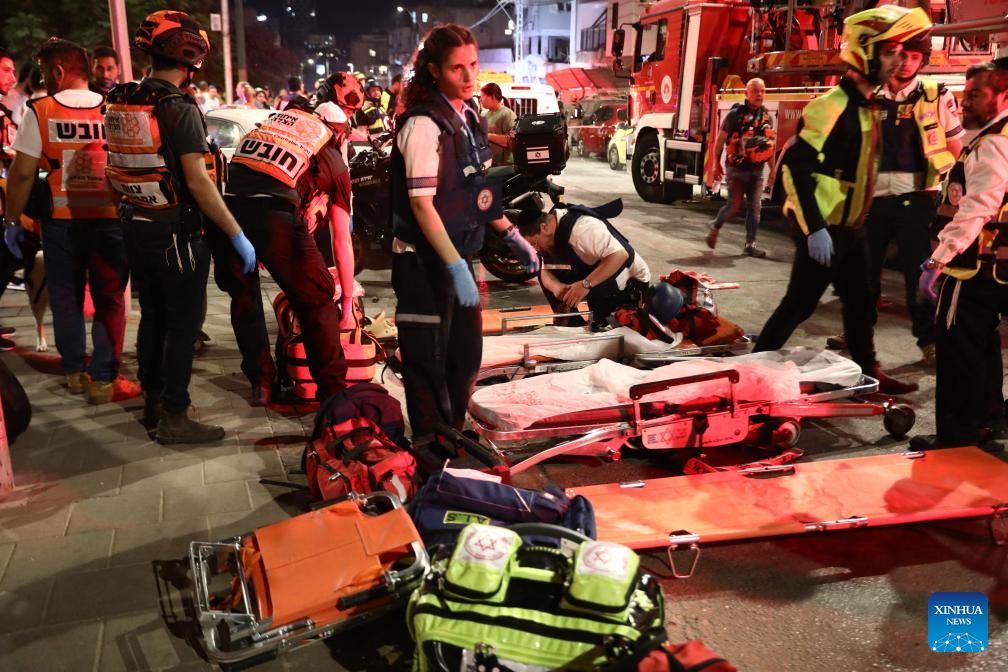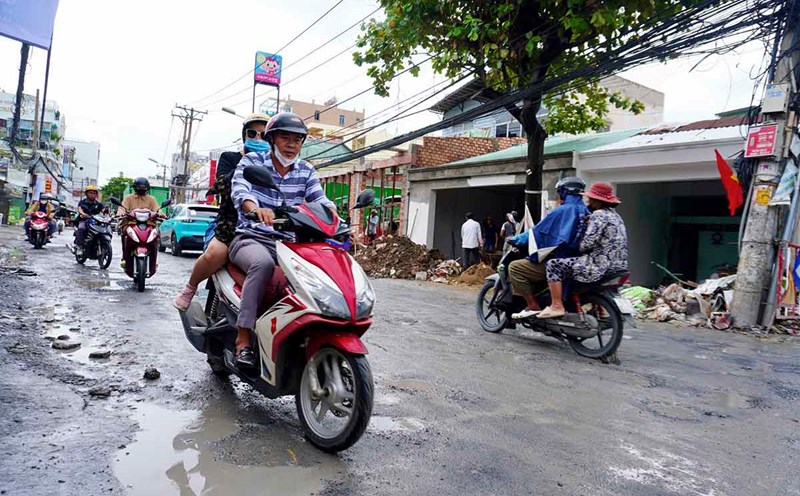In a large-scale airstrike on the night of June 15, Israel attacked simultaneously surface-to-surface missile production facilities in central Iran, destroying a series of military and civilian targets. This is considered one of Israel's deepest airstrikes in Iranian territory in many years.
According to the announcement from the Israel Defense Forces (IDF), the operation targeted many important weapons facilities of the Quds Force of the Iranian Islamic Revolutionary Guard Corps (IRGC), including production lines for missile guidance systems, missile fuel and mixing equipment for the production of ground-to-ground missile engines.
In particular, an IRGC air defense system components manufacturing facility was also hit and completely destroyed, according to the IDF.
Not only targeting military facilities, a missile was confirmed to have fallen on an Iranian Foreign Ministry library in the capital Tehran, injuring many people.
"This was an intentional and brutal attack," Khaned Khatibzadeh, Iran's Deputy Foreign Minister, told X social media. Many of my colleagues were injured, the library was destroyed, glass broke and concrete was lying around. This is a clear war crime and is evidence of a systematic Israeli aggression against Iran."
Video recording the scene shows the devastation inside the library, with broken glass doors and piles of rubble covering the floor.
Since Israel began the offensive on June 13, at least 224 people have been killed and 1,277 injured, including over 90% of civilians, according to Iranian Health Ministry spokesman Hossein Kermanpour.
That same night, Iran immediately activated phase 4 of the counter-offensive operation called "Real Promises 3" (True Promise 3). Hundreds of ballistic missiles have been launched by Iran against Israeli civilian and infrastructure targets, especially in residential areas and large cities such as Haifa and Zavdiel.

In the port city of Haifa, a residential building was hit directly by a missile, causing a terrifying scene of devastation. In southern Israel, the Zavdiel community was partially destroyed, in which a jewish parish was severely damaged. Fortunately, there were no reports of serious casualties in the attacks, but at least nine Israelis were injured and hospitalized in the series of attacks.
Israeli police and bomb disposal teams are blocking off the scene and handling the remaining missile debris.
Iranian officials stressed that the Israeli attack had crossed "red lines" and that they would not stop.
" any adventurous action from Israel will be met with a strong and uncompromising response," a senior Iranian official said.
The escalation between the two rivals in the Middle East is causing the international community to worry about the risk of a full-scale war crossing the borders of the two countries, dragging in allies and shaking up regional security order.
The situation continues to be complicated. The resounding explosions in both Tehran and Tel Aviv show that the missile battle between Iran and Israel has entered its most fierce chapter ever, with unpredictable humanitarian consequences and the risk of breaking up the regional match every hour.











